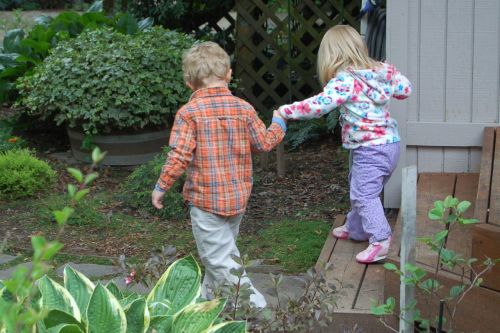Students from across the country are about to begin a new academic year. It’s natural that many will take a little time to reflect on past successes, near-successes, and far-from-successes to consider what it will take to earn better grades this time around.
I am encouraging every student to approach the start of the academic year differently this time. Instead of waiting to receive a test score or graded paper from a professor mid-way through the course, begin the year with a mindset of possibility. That’s right. Go ahead, give yourself an “A”.
What does that mean?
The concept of giving an “A” can be credited to Benjamin Zander, conductor of the Boston Philharmonic Orchestra, teacher, speaker and co-author (alongside Rosamund Stone Zander) of “The Art of Possibility”. Zander’s teaching practice involves telling all of his students on the first day of class that they are an “A”. They really and truly are an “A” and that is the grade they will receive at the end of the course. But there is one condition. That condition is that each student must submit a letter the following day but dated for the end of the term explaining who they will have become by the end to justify such an outstanding grade. The letter begins, Dr. Mr. Zander, I got my “A” because…
Giving an “A” comes with many benefits. First and foremost, it has the power to transform relationships. Students no longer see themselves in competition with others in their class, program, dorm, family, whatever. There’s no more “I’m better than him”, “She’s better than me” thinking going on. Instead students can start to focus on themselves and the possibilities that exist within and around them.
Second, it just feels better. Being an “A” allows everyone to function from a much happier place. It’s certainly a better place to be than in the 90% percentile, below the median, or 46 out of 50, for example. Being happy has a funny side effect of being contagious. Go ahead, see what happens when you smile at the next person you pass on the street.
Third, mistakes can be celebrated. Recognizing that we all make mistakes and that mistakes are what help us learn and discover some amazing things can really open up worlds of possibility. What if we weren’t afraid to share a point of view in the classroom, try out a different style during our presentation, say hello to the person sitting next to us, get involved in that start-up committee, and the list goes on.
The link below will take you to a 14 minute video of a Ben Zander speech delivered to an auditorium full of teachers on this exact topic. Believe me, it’s worth the watch…
The practice of giving an “A”, whether “given” by the teacher or “given” as a gift to yourself, frames your efforts as a possibility to live into rather than an expectation to live up to. From my experience in the classroom, more students need help with the former, not the latter.
I highly recommend all students (and teachers at any level) read or listen to “The Art of Possibility” with a particular focus on Chapter 4 – The Third Practice: Giving an “A”.
The benefits of living in a world of possibility exist. I can see it now. A classroom where students are willing to let go of fears and try new things, where students truly want to grow and are willing to create and follow a unique path to get them there, and where students care about themselves and are capable of demonstrating empathy.
So go ahead, do yourself a favour, give yourself a gift and live like you are an “A”.
photo credit: <a href=”http://www.flickr.com/photos/audiolucistore/7403731050/”>www.audio-luci-store.it</a> via <a href=”http://photopin.com”>photopin</a> <a href=”http://creativecommons.org/licenses/by/2.0/”>cc</a>



 Yesterday’s class brought tears to my eyes. But in a good way.
Yesterday’s class brought tears to my eyes. But in a good way.
